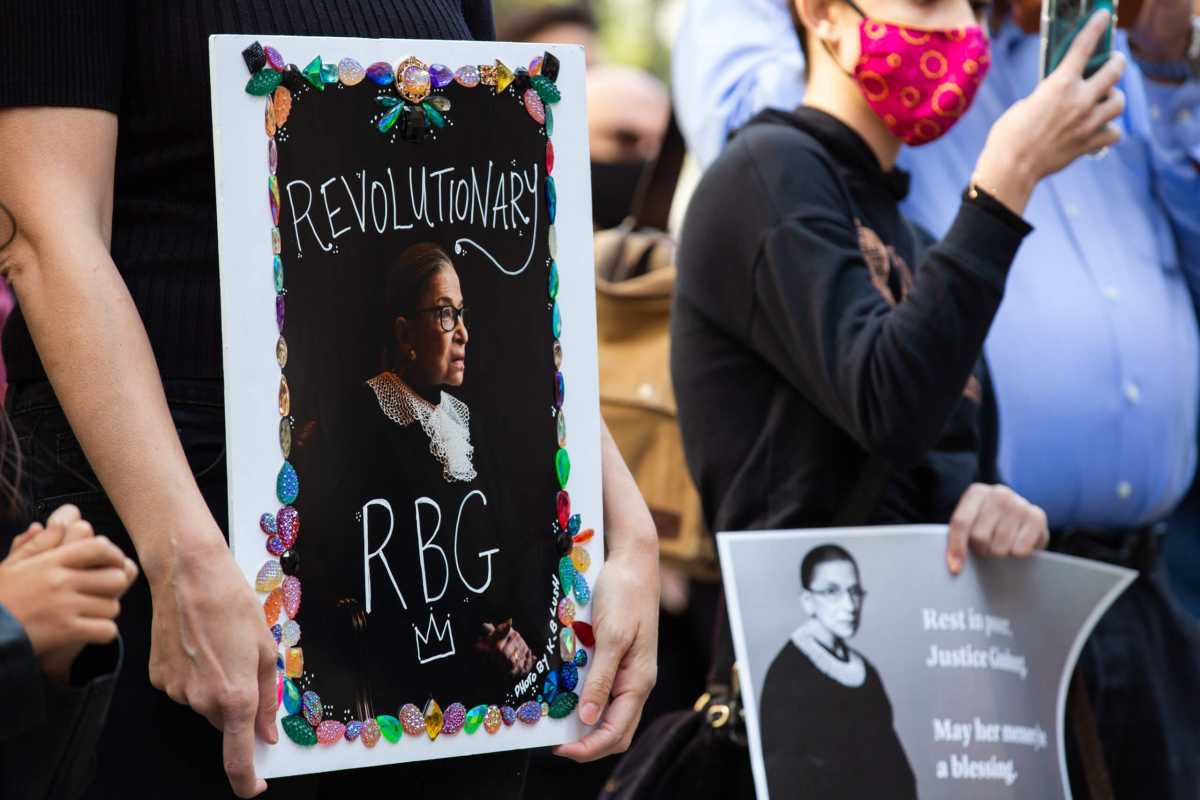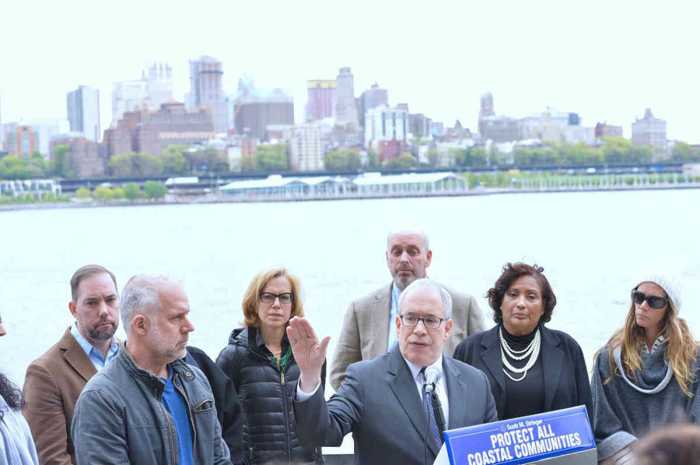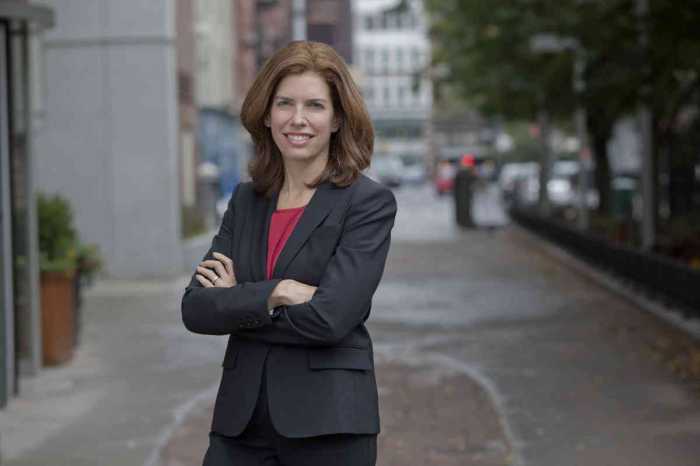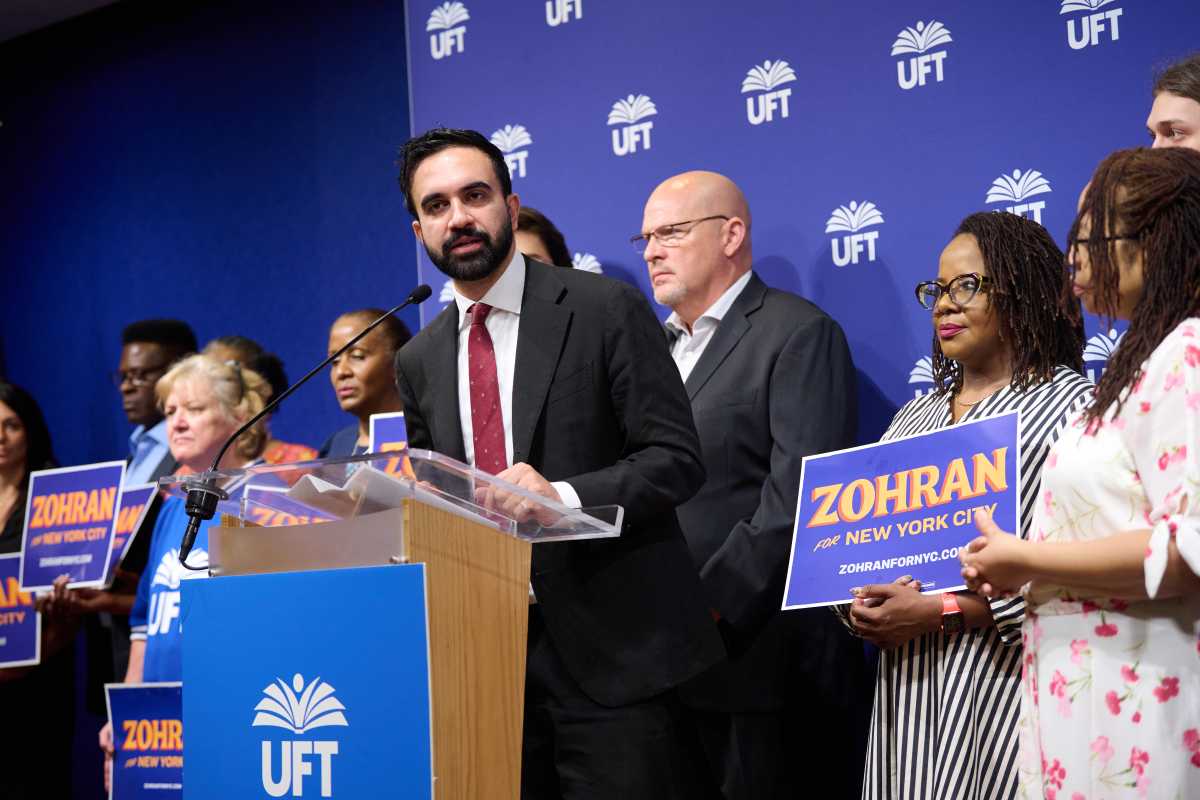When United States Supreme Court Justice Ruth Bader Ginsburg, “the Notorious RBG,” died on Sept. 18, my world and that of all Americans — whether they realize it or not — was rocked. Her lifelong fight for women’s rights and gender equality blazed a better path for all of us.
I met her twice. The first time was when I was teaching at Hofstra Law School and Justice Ginsburg came to speak there, including a separate meeting with women law students and faculty. We were awestruck by her quiet warmth and grace, instilling in every woman there a belief that she could achieve anything she wanted to. This was true not just for the law students, but also for the professors and administrators. Her fine sense of humor was also on display.
The second time I met her was when I was sworn into the Supreme Court; she visited with the New York State contingent being sworn in that morning and made us all feel she was still one of us New Yorkers.
It is important to remember that before her illustrious career on the Supreme Court, she was an accomplished lawyer. As a lawyer, she argued six cases before the Supreme Court and won five of them. That’s an outstanding accomplishment for any lawyer. It is also astonishing for the time — few women were lawyers, let alone ones that argued before the Supreme Court. Even today, women arguing before the high court are few and far between — over the last decade for any given term, no more than 12 percent to 21 percent of lawyers appearing before the court were women.
I wrote a paper in law school about the jurisprudence of Sandra Day O’Connor, the first woman appointed to the Supreme Court. She bemoaned the paltry number of women Supreme Court advocates and noted that those few overwhelmingly represented public interest law firms or governmental entities. She too, knew the sting of being tops in her class and not being able to get a job as a lawyer in private practice.
Justice Ginsburg, like most every woman of her generation, experienced gender discrimination in the workforce at nearly every turn. Her generation also encountered a frightening number of ways in which women’s lives were legally constrained. Thanks to her, and others like her, most women today don’t even remember those constraints existed.
Before her groundbreaking work, a woman could not:
- Get a mortgage without a male co-signer;
- Get a checking account without a male co-signer;
- Start a business without a male co-signer;
- Get a credit card without a male co-signer;
- Obtain a business loan without a male co-signer;
- Get a job without gender-based discrimination;
- Get birth control without your husband’s permission;
- Sell your own property without your husband’s permission;
- Obtain pension benefits equal to male co-workers; or
- Be given equal consideration to be the executor of your own child’s estate.
There was a time when women could be forced to provide proof of sterilization in order to obtain or retain employment because, well, you know, you might get pregnant. Her work changed all that.
Her brilliance was also in her empathy — she taught the courts how their decisions affected real people’s lives. By taking cases where the plaintiff was male, she demonstrated how gender-based discrimination harmed men and families, as well as women. Because of her advocacy in Frontiero v. Richardson, the male spouses of today’s military women are entitled to the same benefits as the female spouse of a military man.
Our country has long and difficult months ahead, and we will need to be there for each other like never before. Since her death, the number of voter registrations has soared, because we will fight to keep her legacy to gender and social equality — and to democracy — alive.
Jo Anne Simon is a member of the New York State Assembly, representing Brooklyn Heights, Downtown Brooklyn, Cobble Hill, Carroll Gardens, Gowanus, Park Slope, Boerum Hill and Dumbo.

























